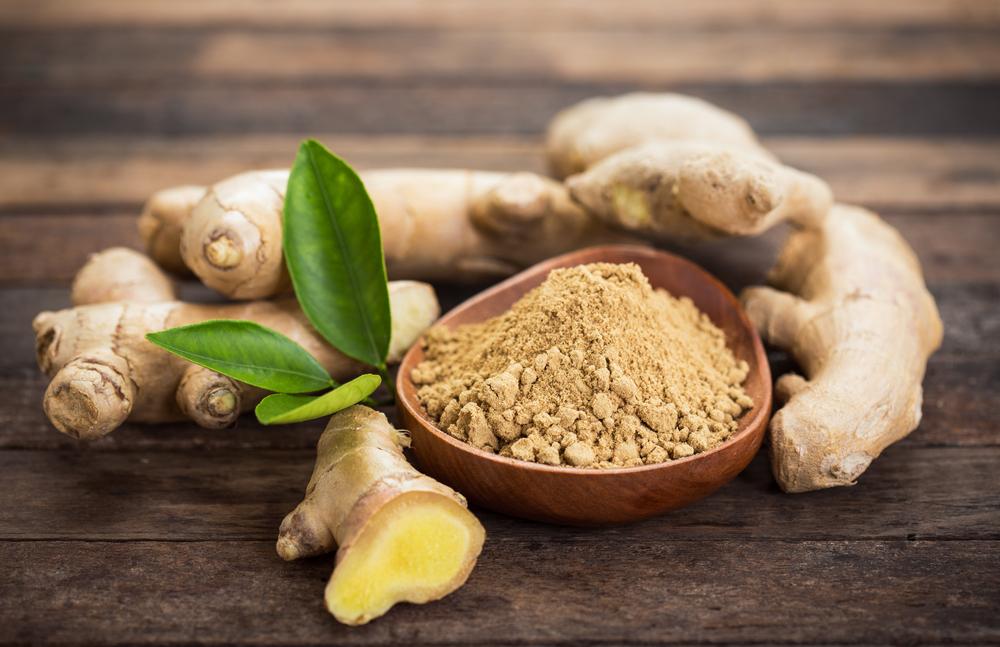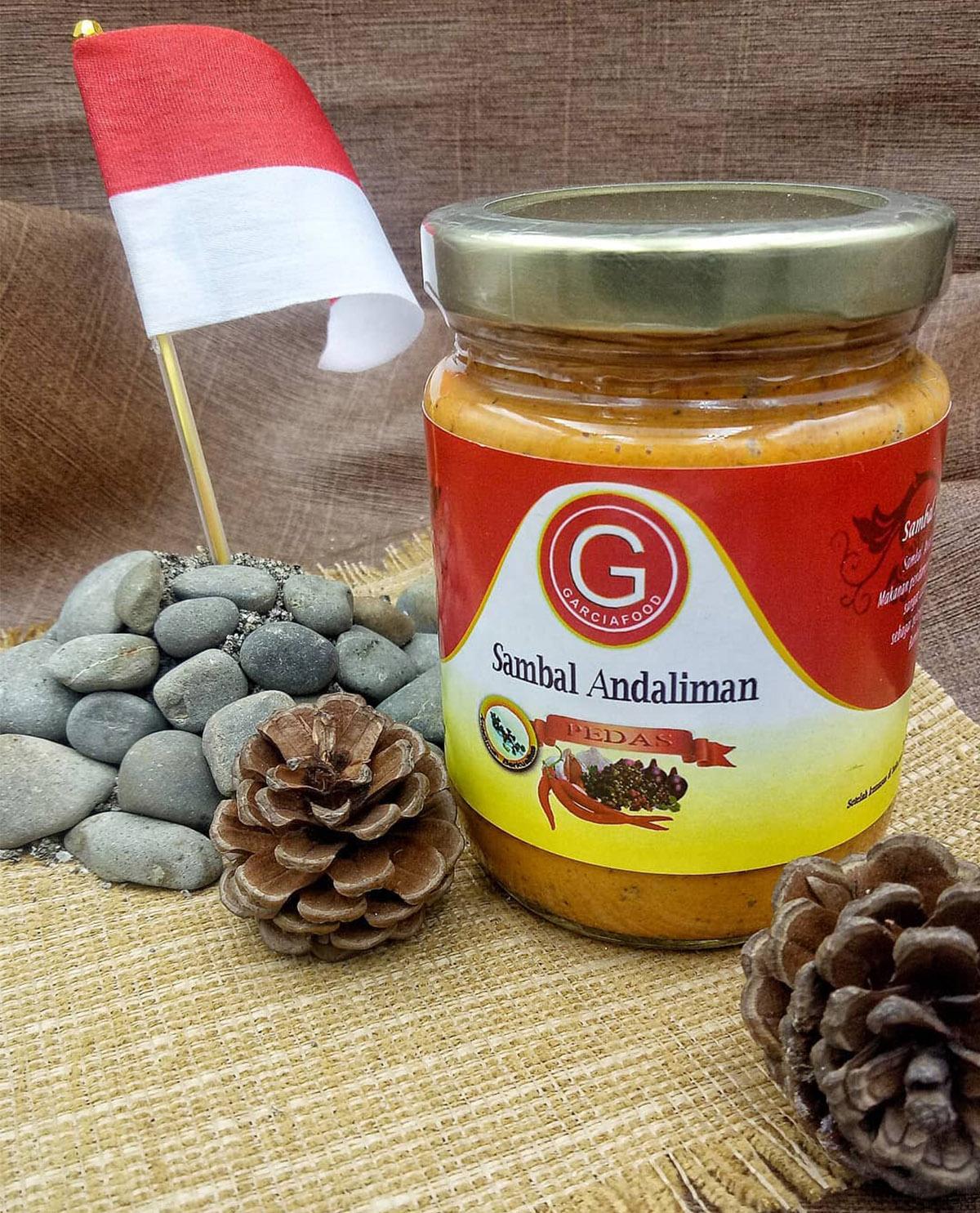Natural remedies, which have been used since ancient times, are making a comeback as they are considered safer, more affordable, and in line with a healthy lifestyle.
But, how familiar are you with the benefits and uses of these medicinal plants?
10 Medicinal Plants that are Potent and Proven Efficacious
The following are 10 medicinal plants that are known to be potent and proven effective to help maintain health and overcome various complaints naturally.
1. Ginger: The warm anti-inflammatory
Ginger is not just a body warmer; this rhizome contains gingerol compounds that are anti-inflammatory and antioxidant. Ginger is often used to treat nausea, colds, muscle pain, and joint inflammation.
If you often feel bloated or have motion sickness, try drinking ginger water; it is warm, refreshing, and soothes the stomach.
2. Turmeric: Yellow Gold for Internal Wounds
Turmeric is known for its curcumin content, the active substance that gives it its bright yellow color as well as significant health benefits. It acts as a natural anti-inflammatory, stomach protector, and supporter of internal wound healing.
In addition, turmeric is also believed to help relieve menstrual symptoms, improve liver function, and support the body's immunity. You can consume it in the form of herbs, turmeric powder, or even mixed in milk.
3. Temulawak: The Companion for Liver and Stomach
If you often feel tired or lack appetite, temulawak could be a good choice. This herb has long been used to help liver function and treat indigestion.
Its curcuminoid compounds and essential oils work as anti-inflammatories, bile-flowers, and liver protectors. The taste is a bit bitter, but the benefits are enormous for the body's overall health.
4. Soursop Leaf: A Natural Immune Companion
Apart from its delicious fruit, soursop leaves also have extraordinary properties. These leaves are believed to help inhibit abnormal cell growth and strengthen the body's immune system.
Many people use a decoction of soursop leaves as a detoxifying herbal tea. Its acetogenin and antioxidant content work to fight free radicals, which can be the cause of various chronic diseases.
5. Aloe Vera: Cooling Inside and Out
Who would have thought that this plant, usually found in decorative pots, has a million benefits? Aloe vera gel is rich in vitamins A, C, and E as well as enzymes that soothe the skin, heal minor burns, and help with cell regeneration.
Not only for the outside of the body, the gel can also be consumed to treat constipation, maintain blood sugar levels, and detoxify the body from within.
6. Meniran: Small but Mighty Against Viruses
This small plant is often considered a weed, but meniran is one of the best natural immunostimulants. It can increase white blood cell production and strengthen the body's immune response to viral and bacterial infections.
Research has also shown that meniran is effective in fighting hepatitis and maintaining liver function. You can consume it in the form of tea or herbal capsule extract.
7. Daun Dewa: For Circulation and Vitality
Daun dewa is popular in both traditional Chinese and Indonesian medicine for its ability to improve blood circulation, lower blood pressure, and help with bruising or swelling.
It is also known to increase vitality and help maintain body energy. It can be consumed as a decoction or made into a concoction with other herbs.
8. Cinnamon: The Natural Sugar Controller
Cinnamon is not only a food and beverage fragrance, but also an effective blood sugar controller.
The compound cinnamaldehyde in it can increase insulin sensitivity and help lower blood sugar naturally.
Cinnamon also has anti-inflammatory and antimicrobial effects, and is perfect for those of you who want to prevent diabetes or manage blood sugar without chemical drugs.
9. Celery: A Traditional Blood Pressure Lowerer
Usually used as a garnish or cooking ingredient, celery has impressive health benefits. It contains compounds apigenin and phthalates that help to relax blood vessels and lower blood pressure.
In addition, celery is also a mild diuretic, helping to reduce excess fluid in the body. It can be consumed as juice or blended into your healthy smoothie.
10. Tree Sorrel: Refreshing and Therapeutic
It may taste very sour, but don't underestimate its benefits! Tree sorrel is rich in vitamin C and antibacterial compounds that can be used to treat coughs, mouth ulcers, and acne.
Its juice is also often used as a natural ingredient to control cholesterol and maintain oral health. It can be consumed as an herbal juice or boiled as a traditional medicine.
Tips for Safely Using Natural Remedies at Home
Before you try various medicinal plants at home, it is essential to understand how to use them safely. Although it is made from natural ingredients, it does not mean that herbal medicines are risk-free.
Let's look at some of the following tips so that you can get maximum benefits without adverse side effects:
1. Know the Type of Plant Well
Don't just pick and consume! Some plants may look similar, but they can have very different effects. Misidentification of the plant could lead to poisoning or unwanted reactions.
Make sure you know exactly what plant you're using, from the shape of the leaves, roots, and aroma. If necessary, you can learn from trusted herbal books, educational videos, or consult with herbalists.
2. Use the Right Dosage
Who said that natural is safe in large quantities? Even plants with excellent benefits can still cause side effects if overused.
For example, consuming too much ginger can cause gastric irritation, or overusing soursop leaves can affect the nervous system. So make sure you understand the recommended safe dosage, and don't hesitate to start small at first.
3. Consult if you have any special conditions
If you're pregnant, breastfeeding, have a history of chronic illness, or are taking certain medical medications, it's best to consult a medical professional before taking natural remedies.
Some plants can interact with medical drugs or are not suitable for specific conditions. For example, god's leaf is not recommended for people with low blood pressure, or cinnamon can drastically affect blood sugar levels.
4. Avoid Mixing Too Many Ingredients at Once
You might be tempted to mix up your herbal concoctions because you think "the more, the better". But, on the contrary, mixing too many ingredients can cause interactions between active substances that are not necessarily compatible.
It also makes it challenging to know which ingredients are actually effective for your problem. It's best to focus on one or two plants with clear properties.
5. Choose Fresh, Clean, and Hygienically Processed Materials
The quality of the plant determines the end result. Use ingredients that are fresh, not wilted, moldy, or contaminated. Before processing, make sure you wash them thoroughly to remove any soil, dust, or pesticide residue.
Processing such as boiling, chopping, or drying should also be done hygienically so that the herb remains safe for consumption and is not contaminated with bacteria.
Natural remedies offer healing options that are closer to nature, have minimal side effects, and can be part of your healthy lifestyle.
By recognizing the correct type of plant, understanding how to use it, and maintaining hygiene when processing it, you can feel the great benefits of this natural wealth.
Let's start with small steps from home by wisely utilizing medicinal plants to maintain natural and comprehensive health!












